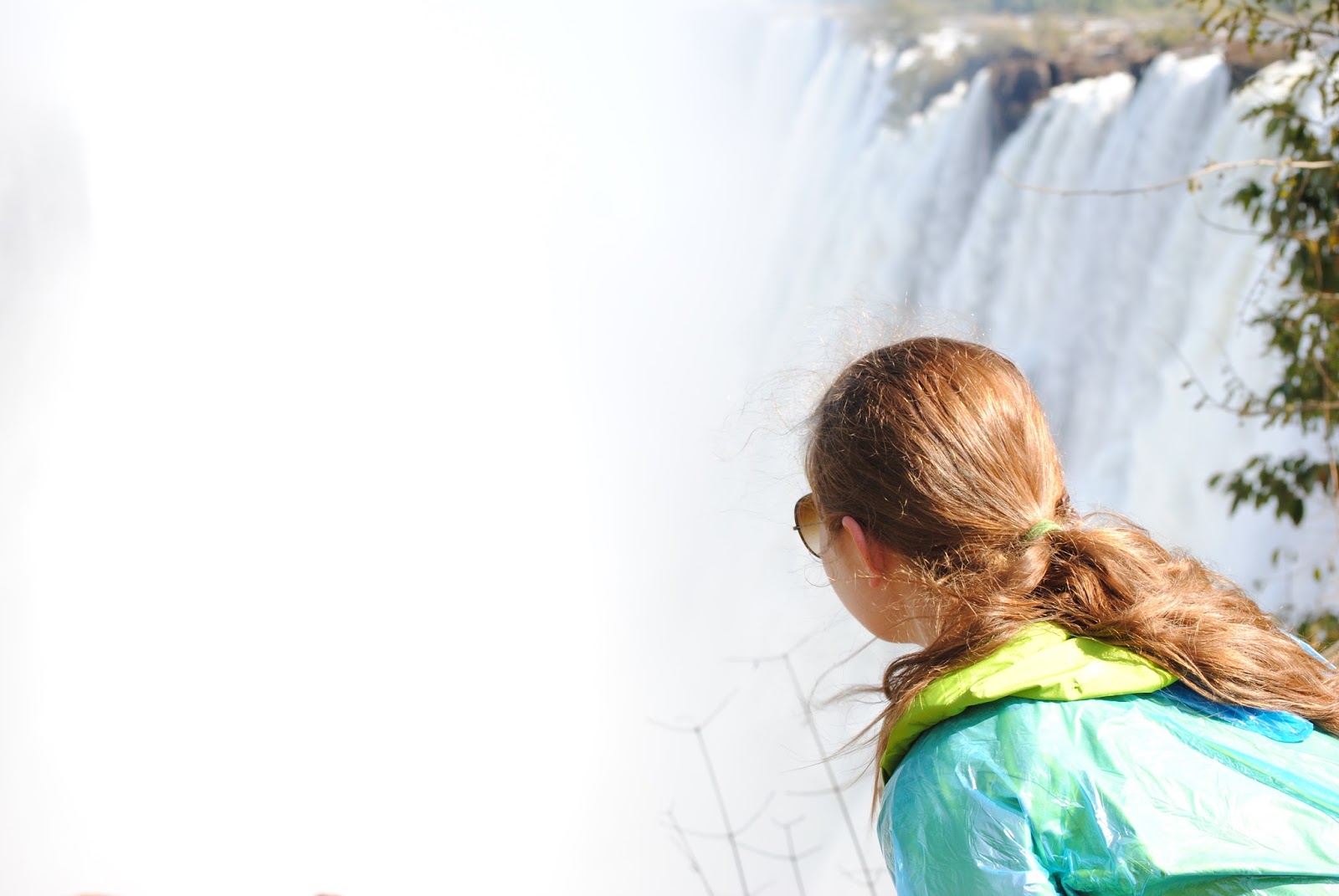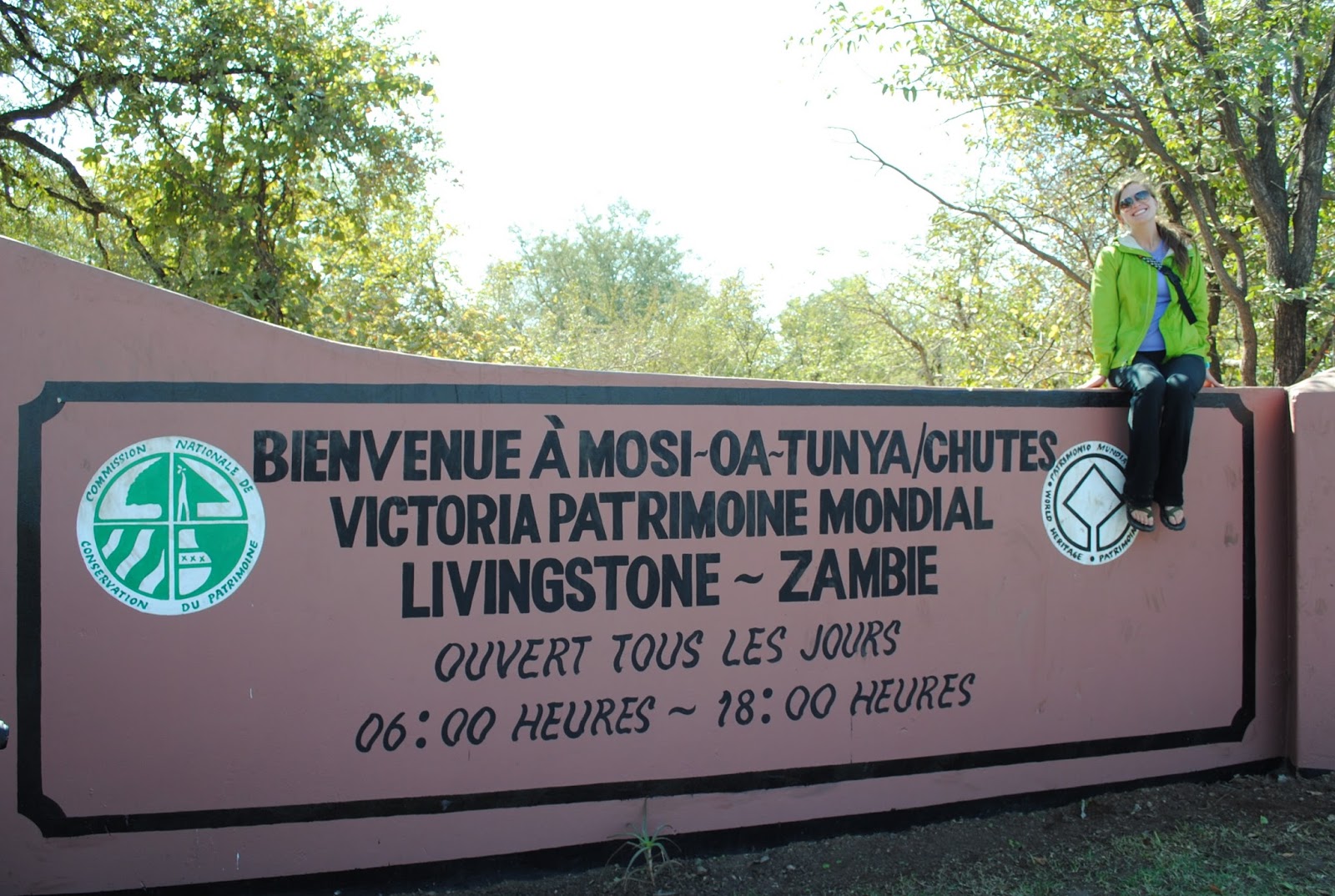“Wabota munzi waba Jesu, oola seluka” we sang to the people of
Kasibi church, singing of God’s kingdom being inside of you.
Our last
weekend outing that proceeding our last week at Namwianga was the much-anticipated
Sunday in Kasibi. Kasibi is a village that is about a 20-minute drive from
Namwianga. Our head cook Ba Leonard is an elder in the village as well as the
church. I’m sure he does other things around Namwianga besides cook for us
because he has two homes, one at the mission and one at Kasibi. He is a very
wealthy man for this area as well as a very respected one. Every year that
HIZ-Path has been coming to Zambia he has invited us to church in his village
followed by a “program” and lunch that he has made. Our visit to their church
and village is a very big deal for the people of Kasibi. Ba Leonard plans for
weeks in advance as well as the people. Seeing as how this trip was the day
after HIZ-Path Olympics, I couldn’t wait to continue the exciting weekend.
On Sunday
morning we woke up early to eat breakfast and get ready to make the trip out to
Kasibi. I must say that although the roads around Namwianga are pretty bad, I
was not prepared for the roads out to Kasibi. Not only were the roads bumpy and
rugged, we somehow managed to fit 13 people into Khaki Jackie; we were squished
to say the least. Once we arrived at the church we piled out of the car and
were greeted by Ba Leonard and then one of the preachers of the church to shake
our hands and usher us to our seats. The church was breathtaking not in that is
was aesthetically pleasing but in that it was obviously built by hand, repaired
as carefully as possible when needed, and decorated with handmade signs and
pictures. It was a tiny church that was overflowing with faith and love.
We had a
traditional church service and Mr. Gregerson and his friend preached while a
member of the village translated. Dr. Weaver had told us to bring along some
Kwacha to put in the offering plate when the time came. The first plate was for
the church in general and the second was for the widows. I gave all the Kwacha
I had which was probably about 30, or six dollars. I was humbled when the woman
sitting next to me gave over 50 Kwacha. It reminded me of the widow in the
bible who tithed all of the money she had; I was once again overwhelmed by the
faith and community of this church.
Once the
service was over we were invited to sing the two songs we had come prepared
with. Thankfully the Kasibi choir sang first so that we had time to collect
ourselves and not be so nervous; we all looked at each other saying, “I wish we
had practiced more!” Of course the Kasibi choir was much more beautiful than
our Tongan tainted by American accents, but, we gave it out best effort; we
thought that Webster would be proud. The Tongan song we came prepared with was
“Wabota munzi waba Jesu.” It is a
song that most people I have met thus far in Zambia know and love, in fact, the
people sang it as we walked out of the church. After we sang our song the
people asked for more! Much to their sadness and our happiness we had only
prepared one Tongan and one English song to sing.
While the
Kasibi choir was singing, I had crossed my legs to be more comfortable on the
bench and in the process by dress rode up above my knee. Immediately an older
woman sitting two people down from me reached over and yanked my dress down! I
didn’t know whether to laugh or apologize so instead I just uncrossed my legs
and made sure my dress was in it’s rightful place covering my ankles.
As we left
the church, the people lined up outside of the church to shake each of our
hands. It was perhaps the most heartwarming moment of my life, especially when
all of the kids came running over from Sunday school to get in line; most of
them wouldn’t even look us in the eye! Most of the people gave us the
traditional Zambian handshake which is a normal handshake followed by the sort
of grip you have when arm-wrestling, followed back into a normal handshake. It
is a handshake of friendship and familiarity. After that we all started heading
down the hill to Ba Leonard’s house for the “musical program” and lunch. The
best part about this is that while we walk, the kids love to all pile in Khaki
Jackie. I believe this year Dr. Weaver fit 23 in, the most she ever has.
 |
The group at Kasibi
|
 |
The supervisors with Ba Leonard
|
 |
All the kiddos in Khaki Jackie
|
The walk
down the hill was long but still enjoyable. The scenery of Zambia never ceases
to amaze me. Once we made it to Ba Leonard’s house we were invited into his
home to be served lunch. While I again greatly appreciate the immense
hospitality of the Zambian people and their giving spirits I will never be a
huge fan of Nsima (SHIMMA).
Thankfully Ba Leonard had also made rice and chicken, which were of course
delicious. Like I’ve said before Zambians are a very polite, humble, and
hospitable people. While we ate none of the people from the village ate, they
all stood across from us and waited for the “musical program”, or the
performance by the Kasibi band. They did however indulge in their homemade Chibwantu. It is a sweet beer that is
made from water, ground corn (not cornmeal though), and “certain roots of the forest”
as Mr. Gregerrson told us. He also told us that he and his wife call it “the
brew you chew.” It is fermented but only a little bit so all of the kids were
drinking it too. It looked like milky water from what I could see. I wish I
could have tried some but because they make it from their water Dr. Weaver told
us that we could not.
 |
Ba Leonard's house
|
Finally,
the part we had all been waiting for, the Kasibi band began to play. While
almost all of their instruments are hand made that band sure could play. The
little girls all tie chetange around
their waists so that it bunches in the back and when they move their hips the chetange emphasizes the movement. In
mixed company only the children are allowed to really dance, but that didn’t
stop us. The basic dance was in a circle around the band and a kind of swaying
side to side. I tried to imitate the boys and girls but my body is just not
made that way. At one point Ba Leonard’s father who is around 100 years old, no
one could really tell us an exact number, came out to play the old school
traditional Zambian instrument. It is a long curved wooden stick with a string
attached at both ends so it looks like a bow and arrow, but longer. The
instrument is played by hitting a stick at opposite ends in order to make
different notes. Someone told us that he was singing about a tribal battle he
was in long ago; I wish I could have understood exactly what he was saying!
While we had been walking a girl in
our group named Staci started talking to one of Ba Leonard’s sons Prince
(Prince is a very common name in Zambia). She was simply making polite
conversation and trying to be friendly but he didn’t see it that way. He had
asked her if she could dance and if she would while the band played. She told
him that no she doesn’t really dance but she would a little bit with the band.
After the band he told her “her hips moved beautifully.” He then proceeded to
ask Jake, the guy of our group, about Staci. He told him that no, she is
married. Prince then asked about another girl in our group Makala and Jake
again said that no, she is getting married when we go back home. Prince then
pointed at me and Jake said no, she has a boyfriend. Then he said “well what
about the rest of them?” and Jake laughed and said that we are all pretty much
dating someone which even though is not true, probably saved most of us from an
unwanted marriage proposal.
Before we left I wanted a picture
with the band because I just loved them. They were so happy and lively and fun
and had the greatest smiles. I sat on the bench next to the drummer and placed
my hand behind him so that I was facing the camera. One of the band members
apparently thought this meant I wanted him to put his arm around me and
encouraged him to do so. All of the village guys standing off to the side
immediately started whooping and hollering so I immediately took the picture as
fast as I could. I did not want two potential marriage proposals in one day.
I have decided that if I ever have
to live in a village in Zambia, Kasibi would be my number one choice because
the people were so loving and happy. They are obviously on African time and
just enjoy the moment, not worrying about where they have to be next. This is
what I continually choose to focus on rather than the poverty and heartbreak.
One young man in the market in Choma that I chatted with for a little while
told me that Zambia is a great nation and people do not see that because it is
so poor. Throughout my time here I have found that if I choose not to overlook
but rather emphasize the positive rather than the negatives I too see that
Zambia is a great nation. Our day in Kasibi affirmed for me that whether in the
city or the bush the Zambian people are people with great hearts and great
hope.



































